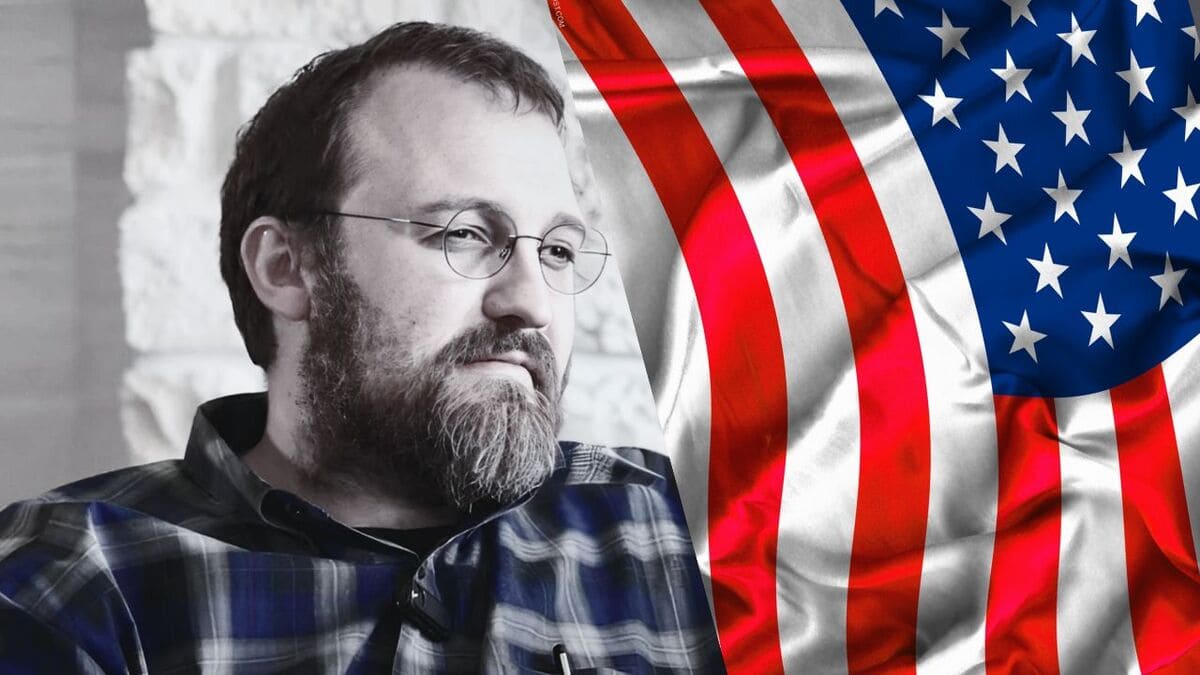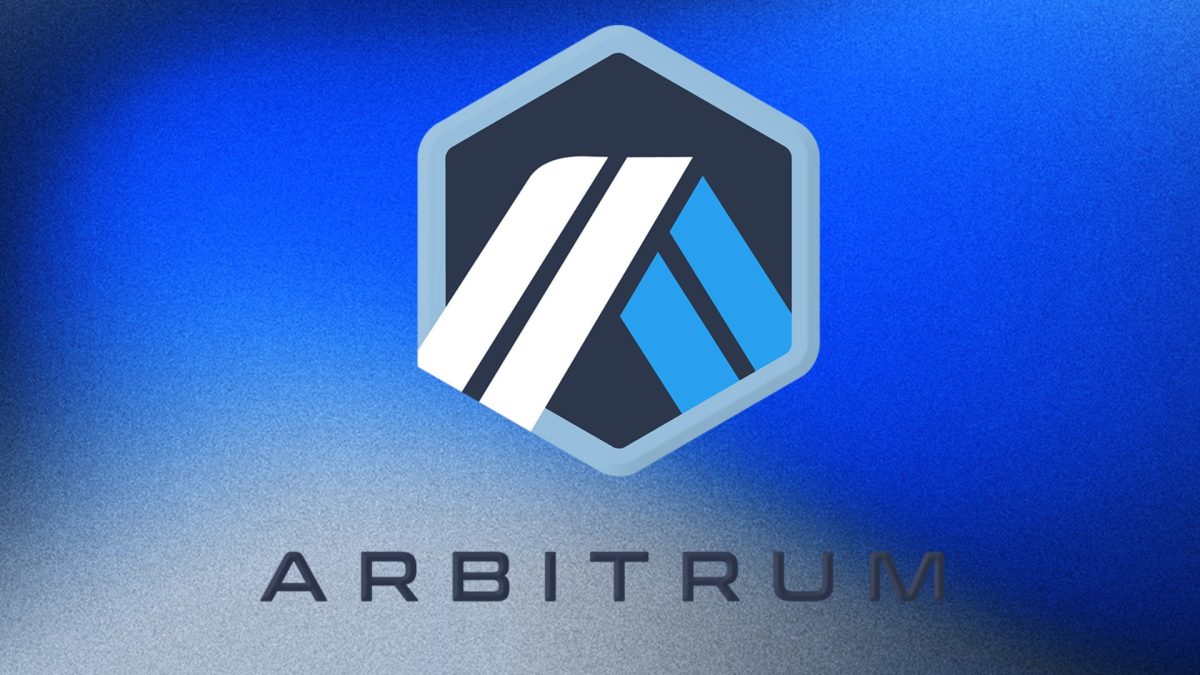Charles Hoskinson Calls for Decentralized Governance
Questioning the Status Quo
Recently, Charles Hoskinson, the co-founder of Ethereum and the creator of Cardano, released a video in which he criticized the current U.S. political and economic system. In his video, Hoskinson called for a shift towards decentralized governance, questioning the ability of the current political system to address serious issues.
Criticizing the Democratic National Committee
In his video, Hoskinson also took a swipe at the Democratic National Committee, accusing them of blocking third-party candidacies. He argued that this stifles competition and prevents new ideas from entering the political mainstream.
Embracing Decentralization
Hoskinson’s call for decentralized governance is certainly a bold one. By advocating for a system that distributes power more evenly and allows for greater transparency and accountability, he is challenging the status quo in a big way.
However, whether or not his vision will become a reality remains to be seen. The current political and economic structures are deeply entrenched, and any shift towards decentralization would likely face significant pushback from those in power.
The Impact on You
While the idea of decentralized governance may seem intriguing, it’s important to consider how it could potentially affect you. If Hoskinson’s vision were to come to fruition, it could mean more opportunities for individuals to participate in the political process and have a greater say in decision-making.
However, it could also mean a period of uncertainty and upheaval as the current power structures are challenged and reconfigured. It’s worth keeping an eye on how this debate unfolds and what it could mean for your own future.
The Global Impact
On a global scale, Hoskinson’s call for decentralized governance could have far-reaching implications. If the U.S. were to adopt a more decentralized system, it could set a precedent for other countries to follow suit.
This could lead to a more democratized and transparent political landscape worldwide, with power being more evenly distributed among the people. It’s a bold vision, but one that could have a profound impact on the way we govern ourselves in the future.
Conclusion
In conclusion, Charles Hoskinson’s call for decentralized governance is a provocative and thought-provoking idea that challenges the status quo. Whether or not his vision will come to pass remains to be seen, but it’s certainly a conversation worth having. As we continue to grapple with the limitations of our current political and economic systems, perhaps a shift towards decentralization is just what we need to usher in a new era of transparency and accountability.





